
Listen to the MP3 audio file
The Solari Report – 16 Apr 2009
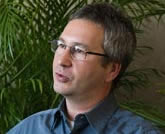 Dmitry Orlov is an engineer, author and blogger. He was born in Leningrad and moved to the United States at the age of 12. He has a BS in Computer Engineering and an MA in Applied Linguistics.
Dmitry Orlov is an engineer, author and blogger. He was born in Leningrad and moved to the United States at the age of 12. He has a BS in Computer Engineering and an MA in Applied Linguistics.
Dmitry was an eyewitness to the collapse of the Soviet Union government, currency and economy over several extended visits to his Russian homeland between the late 1980s and mid-1990s. His observations are described in his book, Reinventing Collapse, published last summer.
His articles on the Russian collapse experience and what Americans can learn from it are widely read, including, Closing the Collapse Gap, which compares the collapse-preparedness of the USA and the USSR, and Social Collapse Best Practices (video version.)
On this Thursday evening’s Solari Report, in addition to covering current market events and your latest questions, I will be speaking with Dmitry about the possibility of a collapse in the United States and what we can learn from the Russian experience as we move together through tough economic times.
If you are a subscriber to The Solari Report, you can post your questions at your private panel or feel free to also post them at this blog post.
If you would like to learn more about The Solari Report and subscribe, click here.












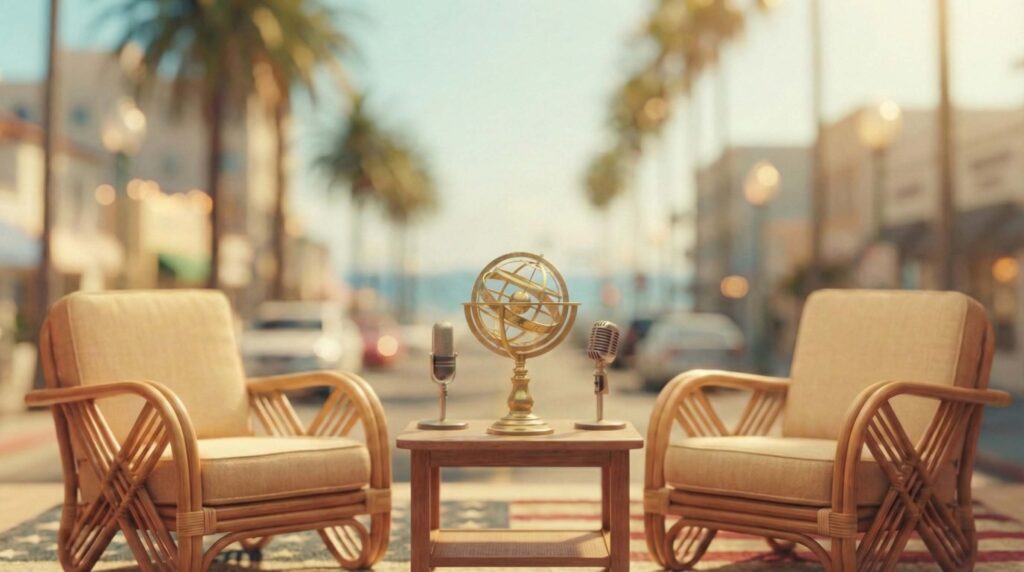
















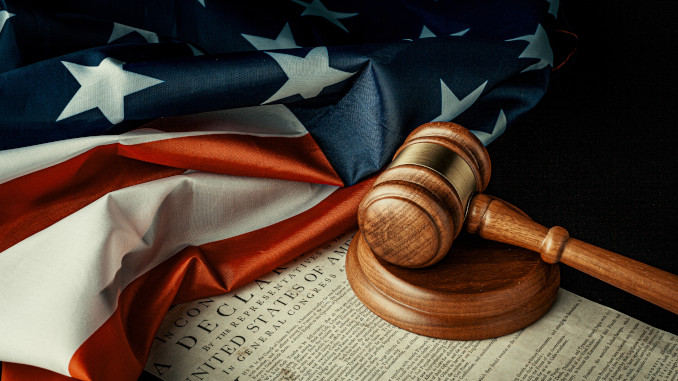




























































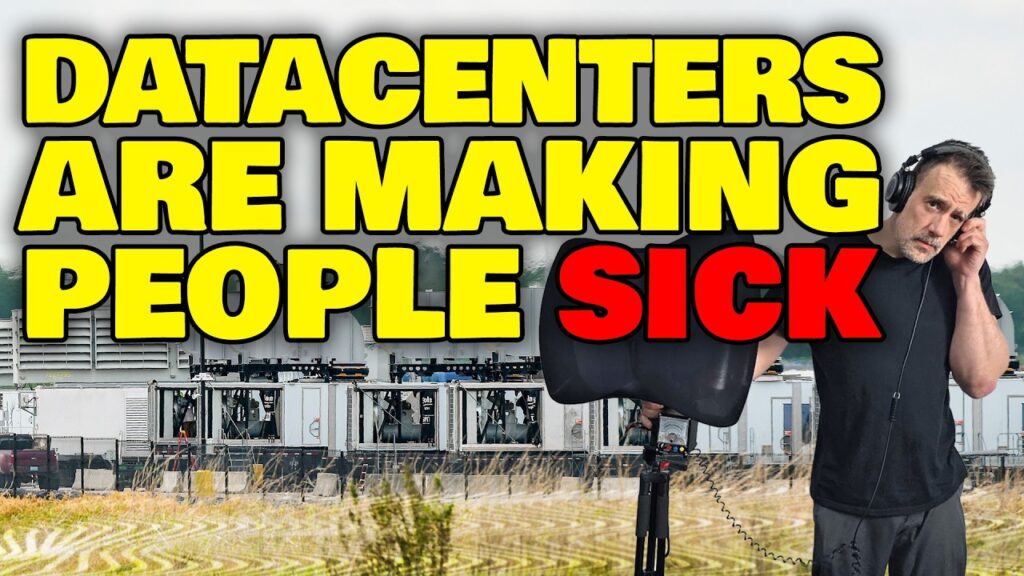



























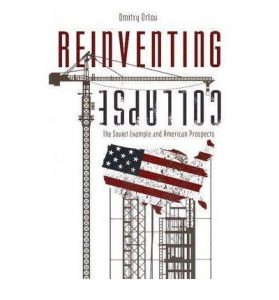

Catherine,
I never realized the personal loses. Thanks for sharing
Jamo:
Thanks for your kind words. I published some of the background in 2004:
http://www.scoop.co.nz/stories/HL0408/S00265.htm
Catherine
Antal Fekete on http://www.lemetropolecafe.com has a theory that we will suffer acute deflation. I would like Dmitry to comment if he agrees or not. I would like to hear his experience of what this will mean in actuality to those of us on the street so to speak in examples and how we can prepare ourselves. Also, I would like to know what it will mean for gold and silver please.
On another subject. Catherine has mentioned “coming clean” with our money. I married and became a Catholic. I never realized the Pope’s death was to do with the mafia …maybe when the Pope removed his accountant who was siphoning off the books? After CAtherine spoke about the Godfather movies, I thought “Oh my God this is true too”. Anyhow she carefully hasn’t touched much on specific religious groups ? or maybe I am wrong…but anyhow I don’t see how I can put any money into an institution which is also helping the mafia. For 30 years I have sent money for poor kids’ education in other countries. I find it ironic now that all my attempts at letters and email to the Archbishop and higher for the past four years seem to fall on deaf ears about what is going on and to prepare. When I told our local priest recently that we need to grow more food in the Church gardens for what is coming, he told me that all we need to do is pray….I don’t dismiss the power of prayer. I am big on it. But I think God gave us brains to use to and it seems like a sin not to be open to preparing for what’s coming in order to help others. ??? The past 8 years have diminished my faith like nothing else.
Catherine:
Thanks for providing the Dmitry links. His insight has given me some ideas for filling in a few personal ‘gaps’. We can either have faith in government and industry (centralization of power and finance) or we can place our faith, energy, and resources in ourselves and community (de-centralization). We each have to decide which of these two choices, or possibly some combination of the two, will work best for us. Someone once told me that many of the Amish don’t choose their lifestyle of independence because it’s easy or fun, but simply for the peace of mind of knowing they are not placing their dependency and freedom in the hands of someone or some entity that may not have their best interests at heart.
It would appear, in this current climate, that the more intermediaries we have between ourselves and what is critical for survival…the more chance there is of default.
Thanks for sharing.
@Jack
As a European I’m always quite surprised how Americans tend to be able to think only 1-dimensionally. As if there are only two governance models possible in the world: democracy and communism. As if the Democrats and the Republicans represent two outer ends of a continuum. In philosophy that is called a ‘false dichotomy’.
Whether Orlov is ‘a communist’ is totally immaterial; this question cannot be answered because what communism means in the US is something totally different than what it means elsewhere. The Soviet Union was not run according the principles of communism just as the US is not run according to the principles of democracy.
In any case, state governance models, whatever they are called, are getting less relevant nowadays, as obviously transnationalism, globalisation, etc have done a great job undermining sovereignty of nation-states. In that respect, I think Orlov points to the US as a geographical area, rather than as a political entity; which kind of makes your point about his loyalty futile.
Ps I’m myself not a communist in any sense of the word
So all those federal government subsidized SUVs could become very fuel efficient PER PASSENGER if you load each up with 8 or more people and drive at 25 MPH. Interesting.
Orlov said that the collapse of the USSR was triggered by fuel shortages.
If there was ever a severe fuel shortage in the US (real or manufactured), I imagine the easiest policies to implement in the next decade would be to lower the speed limit to 45 MPH and enforce it with cameras like the ones being installed in Maryland now.
…
So (playing devil’s advocate), Dubya was a genius? For creating artificial demand for huge vehicles and shelters across the land?